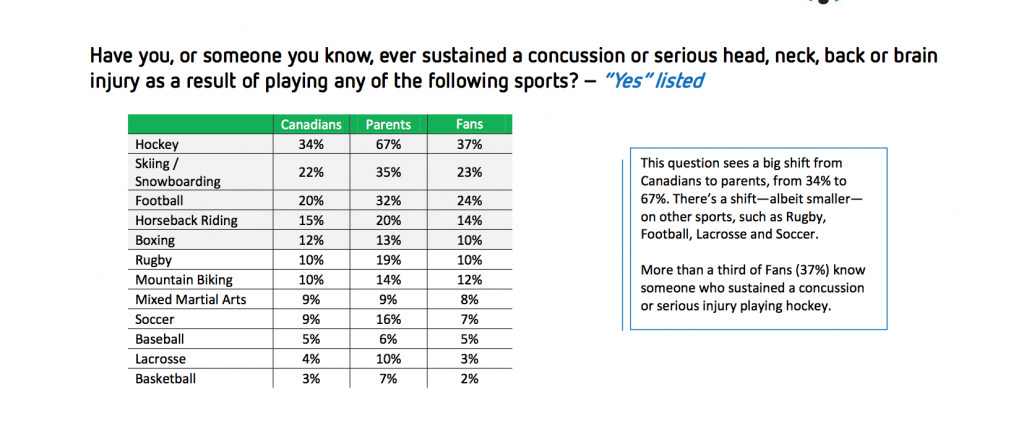Is Canada becoming a more conservative place? Surveying the landscape some days it sure seems that way.
My friends John Ibbitson and Darrell Bricker certainly think so.
Ibbitson and Bricker have written an entire book about the subject, The Big Shift, in which they assert conservatives will be “perpetually dominating” the Canadian political landscape for many years to come.
“(There is) a new Canadian political geography,” says one of the book’s promotional releases, “(One) that has become divorced from the traditions of its past and replaced by a new, powerful coalition based in the west and supported by conservative leaning immigrant voters.”
Full disclosure: Ibbitson and I were colleagues many years ago at the Ottawa Citizen.
Bricker, meanwhile, is a senior executive at a global polling firm upon which I occasionally rely for client work.
Notwithstanding their regrettable association with Yours Truly, they are two of the smartest observers of Canadian politics around.
In The Big Shift, the pair foresee Stephen Harper’s Conservatives as the new natural governing party.
Harper has usurped the Liberal party and transformed Canada, they argue, because he has attracted newcomers with social and economic conservativism.
“Laurentian elites,” the boys say, are doomed. Progressive politics are out of fashion, and will be for many years to come.
Except … no.
In British Columbia, New Democrats are expected to defeat the rightist B.C. Liberal coalition in May’s election.
In Alberta, it was a centrist — Premier Alison Redford — who embarrassed the pundits and the pollsters when she crushed the arch-conservative Wildrose Party in last April’s contest.
In Manitoba, an expected conservative surge never happened. In that province’s October 2011 election, New Democrats astounded the experts with a fourth consecutive majority win, and actually improved on their standing in 2007’s race.
In Ontario, despite nearly a decade of Ontario Liberal rule, a return to power by Conservatives is far from a foregone conclusion — and it is the NDP leader who is the most popular politician around.
In La Belle Province, the Parti Quebecois won power in last fall’s election — not because they were separatists, but because theirs was the only party that unambiguously opposed government cutbacks.
Elsewhere, the story is the same.
Despite ongoing economic misfortune, U.S. President Barack Obama was handily re-elected in November, decisively beating a GOP that had convinced itself victory was a foregone conclusion.
In the European Union, similarly, conservatives have been losing ground to anti-austerity candidates.
Being one of the few who does polling at an international level, Bricker would know that — in Canada and the European Union, at least — most voters self-identify as progressive.
But (book war alert!) as I recently argued in my own tome, Fight The Right, on one point Ibbitson and Bricker are absolutely right: Long-term, conservatives are generally getting better at winning elections, and progressive candidates are generally faring worse.
Given that most voters in Canada are on the left or centre-left, that is decidedly odd, is it not? It is indeed.
Stephen Harper will win the next federal election, and Justin Trudeau will be elevated to the leader of the opposition.
But Harper’s win (likely a minority) will not be due to Ibbitson and Bricker’s voter demographic earthquake.
It will be because, as I argue in Fight The Right, (a) conservatives have got much better at campaigning than progressives, and (b) Harper continually seeks to align himself with Canadian “values” and remain the Tim Hortons Hockey Dad Everyman.
Is that a big shift? Not really. Harper mainly wins because he is good at values-based campaigning, and because the opposition is split.
But, soon enough, he will be facing off against a Liberal opponent who is just as good at campaigns.
And one who will win the support of progressive voters, from coast to coast.
Comments (31)



